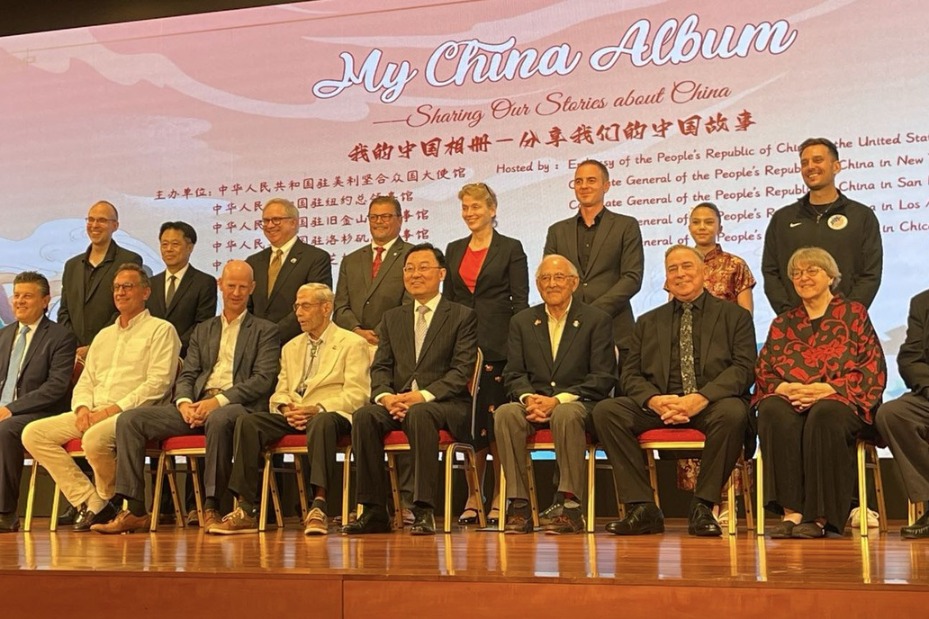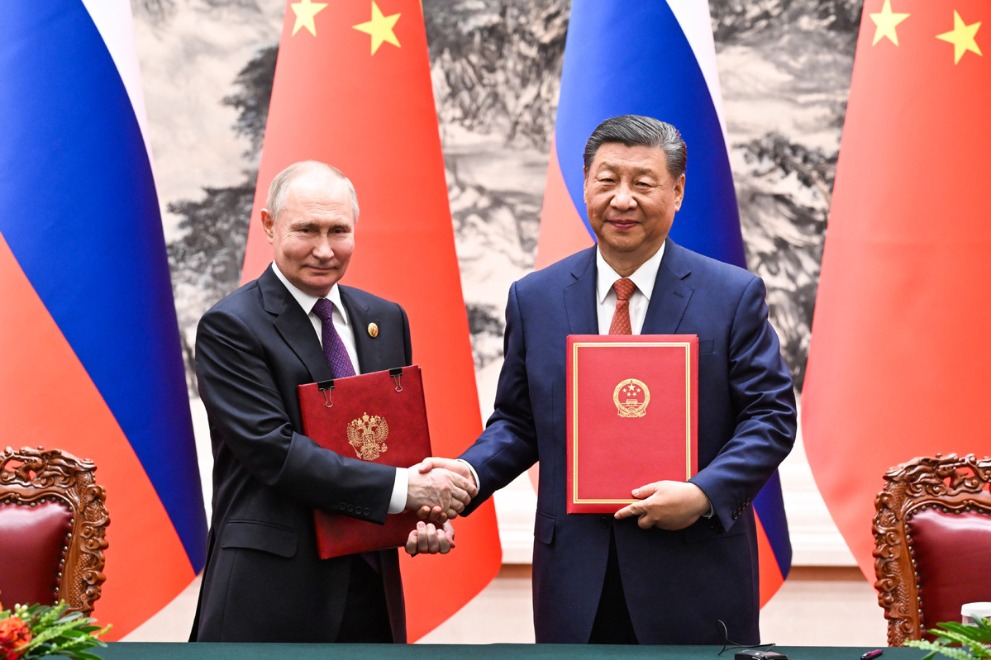Step toward fairer global taxation system
China Daily | Updated: 2021-07-14 07:50

The G20 finance ministers and central bank governors issued a communique upon the conclusion of their meeting in Venice, Italy, on Saturday, supporting the agreement 132 countries reached on a global minimum corporate tax under the OECD's inclusive framework for systemic reform of global taxation governance.
According to the agreement, the countries agree to fix the global minimum corporate tax rate at 15 percent. The supporters of the reform say the agreement is historic as it can create a more stable and fairer global taxation environment.
But it remains to be seen whether that agreement can be transformed into actions that can resolve the chronic problems in the global taxation system.
The reform, if well implemented, could put an end to the "tax havens", as the countries and regions will no longer be able to attract investments with a low tax rate, and that will stop multinational corporations taking advantage of the different rates to evade tax at home.
But the global minimum corporate tax rate does not necessarily mean that as long as the countries embrace it all the problems in the global taxation system will be fixed in a once-and-for-all manner.
The OECD and the United States, for instance, are still at odds on the objects of the taxation, as the former targets mainly big IT companies, mostly from the US. The latter contends that such tax should not be restricted to the digital economy, but all multinational corporations across the board. There are also concerns that after the reform about 60 percent of the global corporate tax will be collected by the G7 countries, and the developing countries, with one-third of the world's population, will get only 3 percent.
The developing countries should be wary that the tax reform under the banner of fairness and justice does not become another "catalyst" for expanding the tax revenue differentiation between developed and developing countries, so they should collectively strive for their fair share of tax base.
All signatories of the agreement are required to be subject to the restrictions of the mechanism. And a compulsory dispute settlement mechanism is included in the reform. Its fairness and professionalism will directly determine the results of the reform.
























